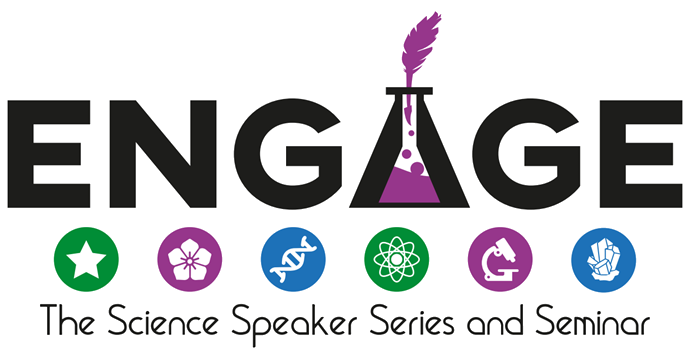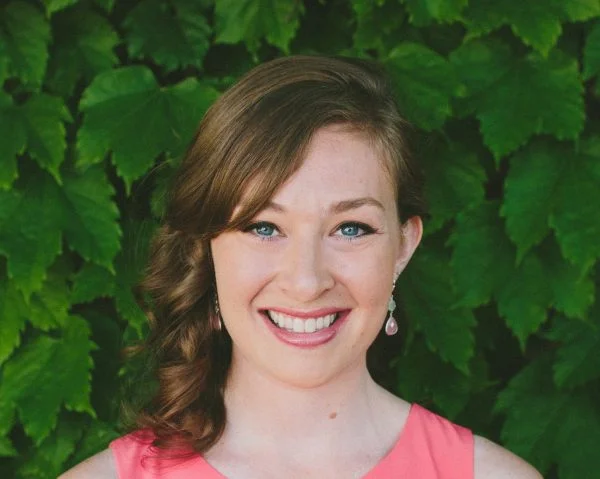Unpacking the Seattle Freeze (Archive)
Originally posted March 1, 2018.
Leah Isquith-Dicker is a PhD student in Biocultural Anthropology at the University of Washington. Leah is an applied anthropologist who works on global health research and program evaluation projects. Her dissertation examines how women’s social networks impact food security and health in a low-income community in Lima, Peru.
Last fall, while I was waiting in the rain for a book signing, I met two really lovely young women who were new to Seattle. Instead of playing absentmindedly on our phones, we chatted for over an hour, and then exchanged numbers so we could make plans to get together. It was great, and apparently to these newcomers, surprising. They remarked that it was awesome to meet someone who wasn’t just “Seattle nice:” cordial, but disinterested in actually forging a real connection with a stranger.
The Seattle Freeze is a much written about and discussed phenomenon, but there is still a fair amount of contention about whether or not it’s real or exists only in the heads of insecure newcomers.
In 2014, a report from the Seattle City Club provided evidence to suggest that The Freeze is real. The Greater Seattle Civic Health Index used U.S. Census data and supplemental reports to measure civic engagement in King, Pierce, and Snohomish counties. The research found that Seattle ranks very low on a metric called social cohesion. Social cohesion describes the strength of relationships between neighbors, or, how close-knit a community is. Surveys ask people to report on things like how often you talk to people on your street and if you do favors for your neighbors, friends, and family. For the propensity to talk to neighbors, Seattle ranked 48th out of 51 similar cities across the U.S. and 37th for favors like taking a bowl of soup to a sick friend.
While this report supports the idea that The Freeze exists, it does not give us any insight into the reasons for Seattle’s lack of social cohesion. Is it the weather? Our “Nordic heritage?” Or are people in Seattle simply jerks?
A 2008 study suggested that the distribution of personality traits, like introversion and extroversion, varies geographically across the U.S. The State of Washington ranks the lowest for extroversion; so perhaps our tendency to be introverted impacts our neighborliness (or lack thereof). However, this correlation still doesn’t get at the origins and mechanisms by which this trait might operate and leaves us wondering if introverted people tend to flock to Seattle or if there is something inherent about Seattle that makes people behave more like introverts.
Setting that quandary aside, there is reason for hope! The most recent Civic Health Index report from 2016 highlights significant improvement in Seattleites report of doing favors for one another (we now rank 6th). What might be changing our tendency to do nice things? With so many new people moving to Seattle, perhaps folks from other regions are bringing their sense of community with them and slowly thawing the Seattleites they interact with.
Evidence of this might be found, ironically, online. When I was searching for moving boxes a few months ago, my sister-in-law suggested that I join my local Buy Nothing Group to see if anyone in my new neighborhood had boxes to spare. Like a hyperlocal thrift store, neighbors post things they are searching for or giving away for free in a Facebook group. This group was originally started by two women in Bainbridge Island in 2013 and now boasts over 1,700 active online groups in all 50 U.S. states and 20 countries, including a reported 46,000 members in Seattle. In addition to reducing waste, the group’s expressed purpose is to connect neighbors with the hope that this gifting economy will help build a support network that extends beyond passing along outgrown kids’ clothes and extra kale. So, maybe we should all get online for the cup of sugar we need and then move that relationship into our local coffee shop in an effort to chip away at the Seattle Freeze.
My favorite item ever posted to my local Buy Nothing Group.


